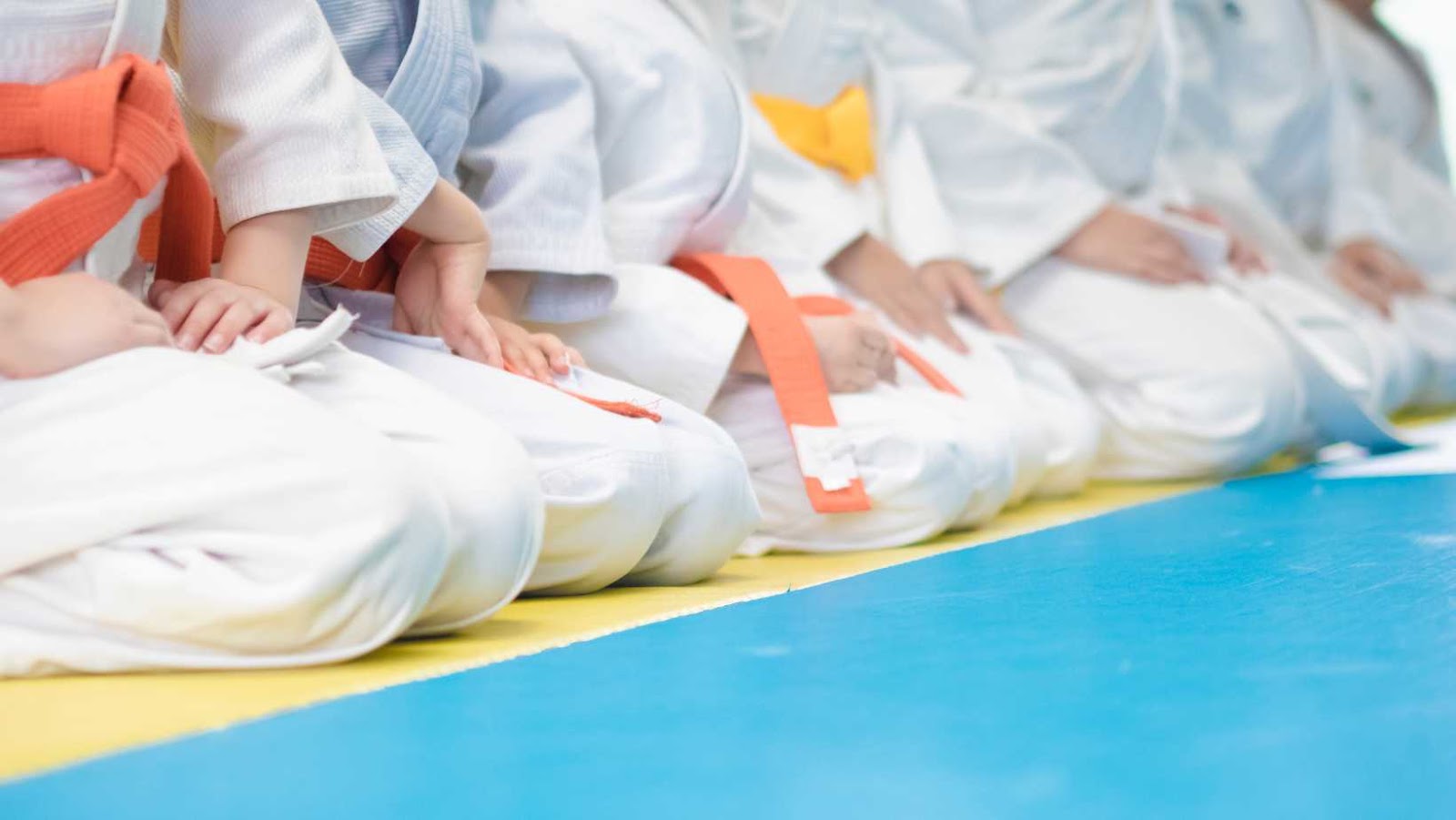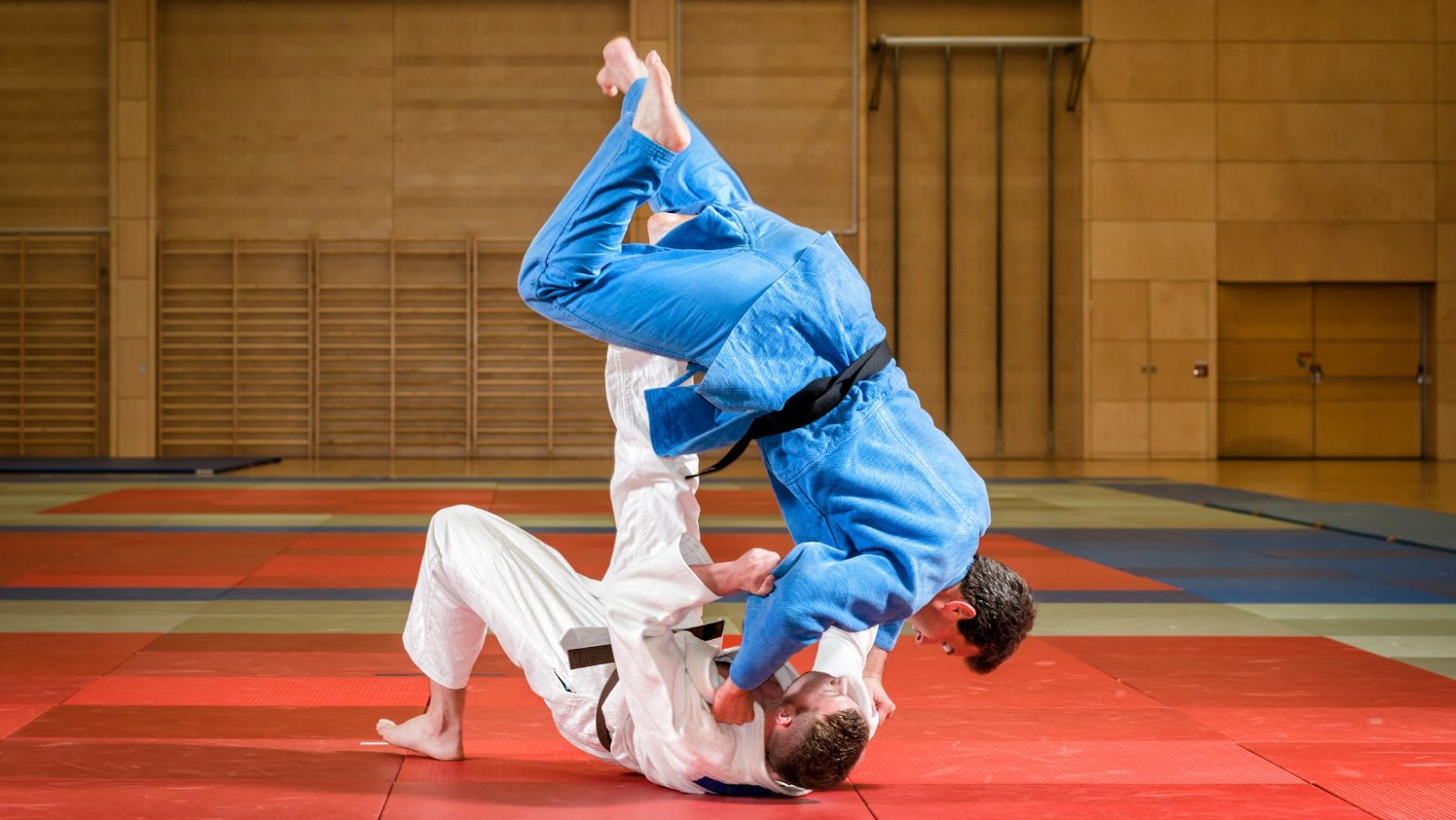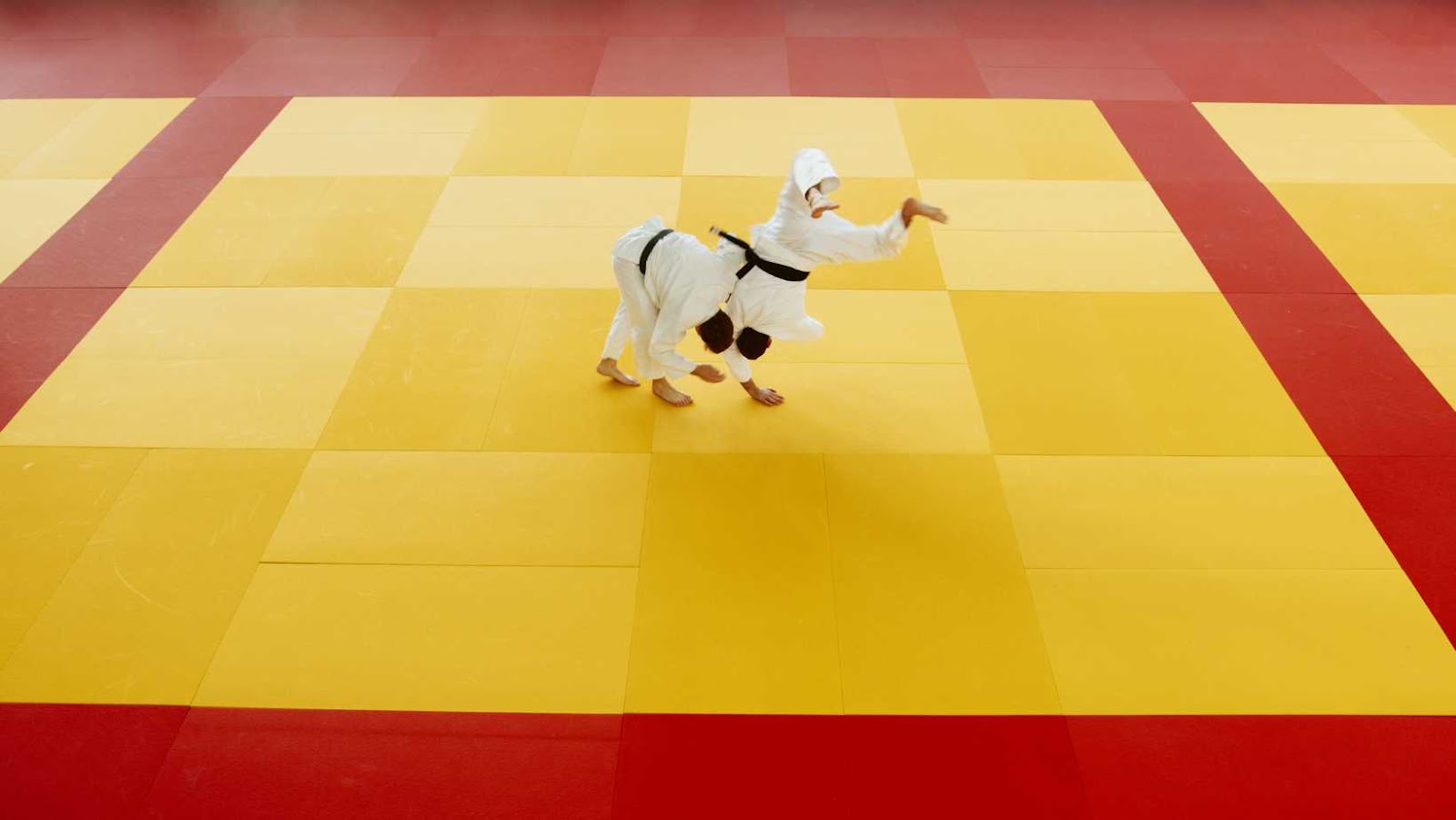The Olympics are a time for athletes to come together and compete on the world’s stage. For some, it’s a chance to prove they’re the best in their sport. For others, it’s an opportunity to represent their country. And for a few, it’s both. Judo was added to the Olympic program at the 1964 Tokyo Games. At the time, it was one of only two martial arts included in the Games
The Early Years
The sport of judo was first introduced to the Olympics in 1964, although it was not officially recognized as an official Olympic sport until 1972. The International Olympic Committee had originally planned to include judo as a demonstration sport at the 1964 Summer Olympics in Tokyo, but the organizers of the Games decided not to go ahead with this due to concerns about the safety of the sport. However, two years later, when the 1968 Summer Olympics were held in Mexico City, judo was finally included as an official demonstration sport. Judo made its official debut as an Olympic sport at the 1972 Summer Olympics in Munich. At these Games, eight men’s weight categories were contested, ranging from 60 kilograms (130 lb) to over 100 kilograms (220 lb). The women’s competition was added four years later at the 1976 Summer Olympics in Montreal, with seven weight categories for women ranging from 48 kilograms (106 lb) to over 78 kilograms (172 lb). Today, judo is one of the most popular sports in the world and continues to be a regular part of the Olympic Games program.
The Future of The Sport
The sport of judo was first introduced to the Olympic Games at the 1964 Tokyo Summer Olympics. Judo has been a part of every Summer Olympics since then, with the exception of the 1980 Moscow Summer Olympics. The International Olympic Committee has said that judo is one of the most widely practiced sports in the world, with an estimated 35 million people participating in the sport. Judo is a modern martial art and Olympic sport that originated in Japan in 1882. It is a system of self-defense that uses leverage and throws to takedown an opponent. Judo is unique among martial arts in that it does not involve kicking, punching, or striking techniques; instead, it relies on throwing and groundwork to subdue an opponent. Judo was founded by Jigoro Kano, who believed that physical and mental development could be achieved through training in the sport. The popularity of judo has grown steadily since its introduction to the Olympic Games. In 2020, there will be four weight classes for men and four weight classes for women at the Tokyo Summer Olympics. This is up from two weight classes each for men and women at the 2016 Rio Summer Olympics. The increased number of weight classes is a sign that judo is growing in popularity and legitimacy as an international sport. The future of judo looks bright, as it continues to grow in popularity around the world. With more countries represented at the Olympic Games and more weight classes being contested, judo looks poised to continue its rise as one of the top international sports.
The Benefits of The Sport
Judo was first introduced as an Olympic sport at the 1964 Summer Olympics in Tokyo, Japan. Since then, it has become one of the most popular sports in the world, with millions of people participating in judo competitions every year. There are many benefits to judo, both for participants and for spectators. Judo is a great way to stay physically fit and active, and it can also be a very strategic and tactical sport, requiring participants to think carefully about their moves and how to best use their opponent’s momentum against them. Judo is also a very exciting sport to watch, with matches often ending in explosive throws or submissions. Judo competition can be very intense, and it is always thrilling to see the best judo athletes in the world go head-to-head.

The Challenges of The Sport
The sport of Judo was added to the Olympics in 1964 and has been part of the Summer Games ever since. It remains one of the most popular sports in the world, with millions of fans worldwide. However, Judo has not always been an easy sport to participate in at the Olympics. In fact, there have been a number of challenges that have threatened its place in the games. One of the biggest challenges has been finding a way to fairly judge matches. This is because Judo is a very technical sport, and it can be difficult to tell when one competitor has achieved a throwing TPO (technique) over another challenge that Judo faces is its image. The sport can be seen as violent, and this has led to some calls for it to be removed from the Olympics. However, those who love the sport argue that it is not really any more violent than other sports such as boxing or wrestling. Judo remains an iconic part of the Summer Olympics, and there is no doubt that it will continue to be a popular sport for many years to come.

When Was Judo Added to Olympic
The sport of judo was officially recognized by the International Olympic Committee in 1986 and was added to the Summer Olympic Games program for the 1988 Seoul Olympics. Since then, judo has been included in every Summer Olympics.
